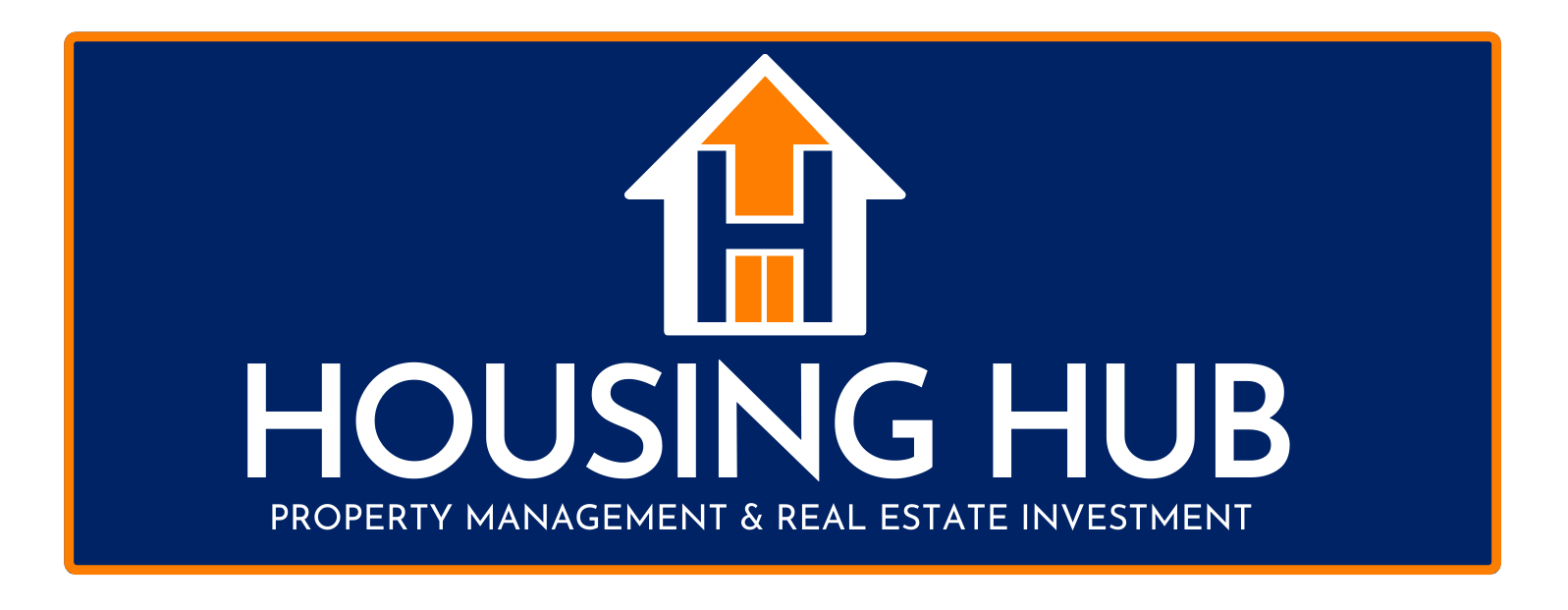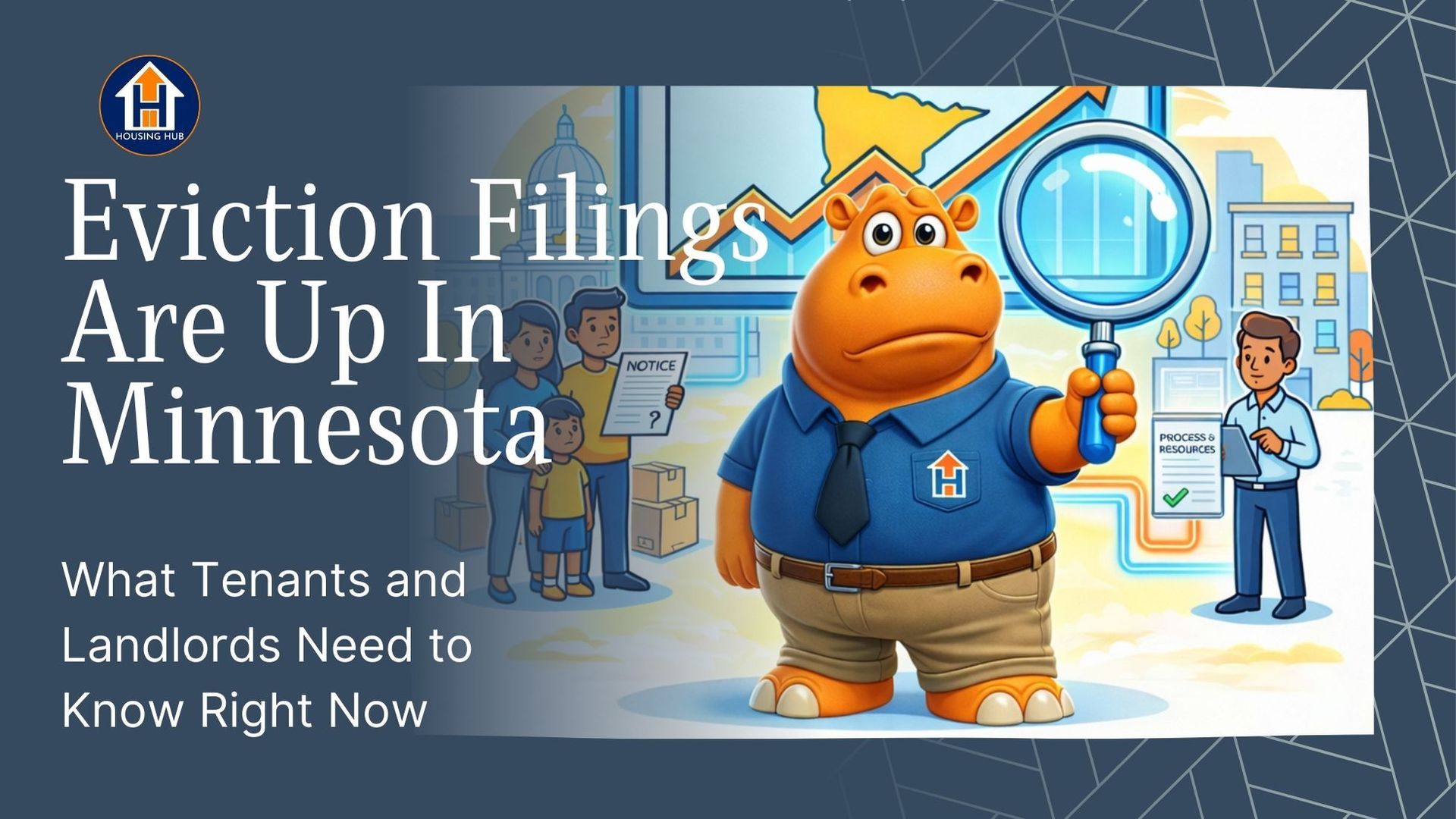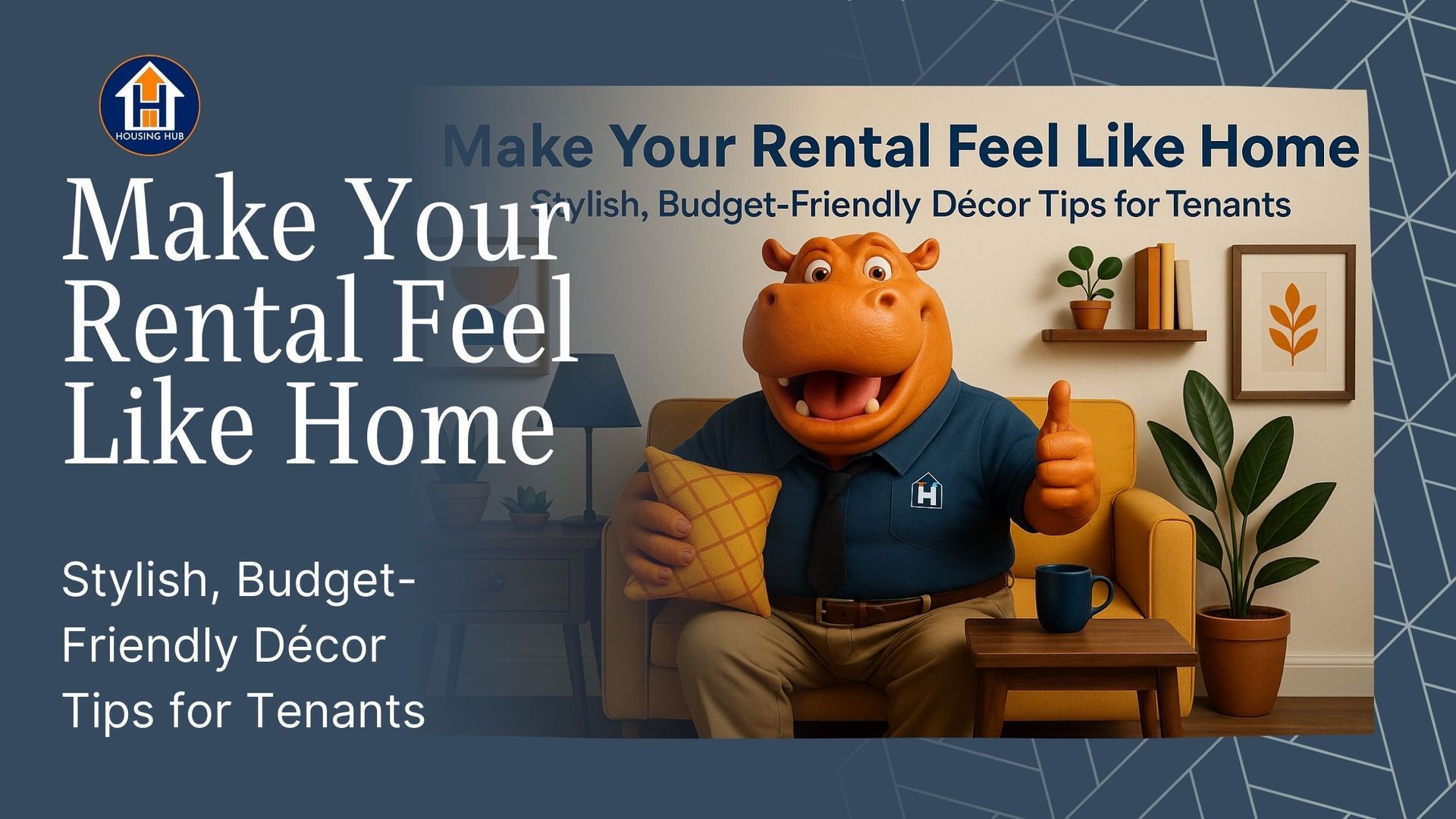Understanding Rent Control in Minnesota: Impact on Property Owners & Tenants
Rent control has long been a contentious issue in real estate markets across the United States, and Minnesota is no exception. As a property management company operating in the Twin Cities area of St. Paul & Minneapolis, we at Housing Hub have observed firsthand the dynamics and debates surrounding rent control measures and their effects on both property owners and tenants.
This article examines the current state of rent control in Minnesota, examining its history, implementation, and the pros and cons associated with such regulations. Whether you are a property owner worried about your investment or a tenant seeking affordable housing solutions, understanding the landscape of rent control policies is crucial in navigating the competitive Twin Cities market, and our team at Housing Hub can help you do just that.
The Basics of Rent Control in Minnesota
Rent control, or rent stabilization, is a government policy designed to cap the amount landlords can charge tenants for renting apartments or houses. The primary objective is to keep housing affordable and prevent sudden, significant increases in rents that can displace long-term residents. However, as of 2024, Minnesota does not have a statewide rent control law in place. Instead, individual cities have the authority to implement their own measures, subject to legislative approval.
In 2021, the city of St. Paul implemented a strict rent control policy, limiting annual rent increases to 3% regardless of inflation or changes in the market. This makes it one of the few cities in the Twin Cities metro area with such regulations. The implementation aims to provide stability for tenants but has sparked debates regarding its long-term impact on housing development and maintenance.
Impacts on Rental Property Owners
Rent control presents a variety of challenges for property owners. First and foremost, the limitation on annual rent increases may restrict the owners’ ability to cover rising costs associated with property maintenance and upgrades. If owners cannot afford to keep up with essential repairs and improvements, this can lead to a deterioration in the quality of the housing stock over time.
Additionally, some property owners may find rent control discourages investment in real estate within controlled areas. The fear of reduced profitability can deter developers from building new rental properties or investing in significant renovations of existing buildings. This can potentially lead to a decrease in the overall supply of rental housing, which might unintentionally drive up prices in uncontrolled areas and reduce the overall quality of available rental units.
Impacts on Tenants
From a tenant's perspective, rent control offers a layer of financial predictability and security by protecting against unpredictable and often substantial rent increases. This stability can be particularly beneficial for lower and middle-income tenants who would otherwise be at risk of eviction or displacement due to soaring rental costs in highly desirable areas.
However, while rent control can make certain apartments more affordable, it may also lead to unintended consequences, such as decreased rental unit availability. Property owners might convert rental apartments to condos or other forms of non-rental housing to circumvent rent control laws, thereby reducing the rental stock. Moreover, because rent-controlled properties can become so financially appealing to tenants, these units often have lower turnover rates, resulting in fewer available apartments and long waitlists.
The Debate Surrounding Rent Control
The debate over rent control in Minnesota taps into broader national discussions about the best way to achieve affordable housing. Advocates argue that rent control protects vulnerable communities from gentrification and provides stability for families who could otherwise be priced out of their neighborhoods. Conversely, opponents claim that rent control decreases the quantity and quality of housing stock, as the caps on rent increases make it infeasible for landlords to maintain properties and dissuade developers from initiating new construction projects.
Key stakeholders, including housing economists, city officials, landlords, and renters, continue to discuss and study the impacts, seeking a balanced approach that encourages the development of new housing while also protecting existing tenants. As these discussions evolve, both renters and rental property owners must stay informed about potential changes to rent control policies and understand how they might impact the housing market in their communities.
Modern Approaches and Alternatives to Rent Control
In light of the complexities and varied impacts of traditional rent control, Minnesota and other regions are exploring additional strategies to promote housing affordability without the downsides associated with strict rent caps. These include inclusionary zoning, which requires developers to include a certain percentage of affordable units in new developments and tax incentives for property owners who keep rents below market rates.
Furthermore, some cities are focusing on building more public housing or supporting nonprofit housing developers as different methods to increase the supply of affordable housing. These initiatives aim to address the root causes of housing unaffordability rather than just capping rents, which can be a more sustainable and less divisive solution in the long term.
As the landscape of housing policy continues to evolve, it's essential for all involved parties—tenants, landlords, policymakers, and community advocates—to engage in open, informed dialogues about the best paths forward. The goal for cities like St. Paul and Minneapolis is not just to control rents but to ensure that all residents have access to safe, affordable housing options that meet their needs. This requires thoughtful policy crafting and an understanding of the local real estate market, balancing protection for tenants with incentives for property owners to invest in and maintain their properties effectively.
Embracing the Future of Housing in the Twin Cities
As we navigate the challenges and opportunities presented by rent control in Minnesota, it's crucial for both property owners and tenants to stay informed and engaged with the evolving housing policies. Rent control is just one piece of the puzzle in addressing housing affordability and quality. At Housing Hub, we are committed to helping you understand these dynamics and adapt strategies that benefit both property owners and tenants, fostering a thriving, inclusive rental market in the Twin Cities.
If you're seeking guidance on how rent control policies may affect your property or looking for expert property management in St. Paul that keeps up with legislative changes, contact Housing Hub today. Let's work together to optimize your property investment in this changing landscape, ensuring profitability while maintaining high standards of tenant satisfaction and compliance with local laws.






